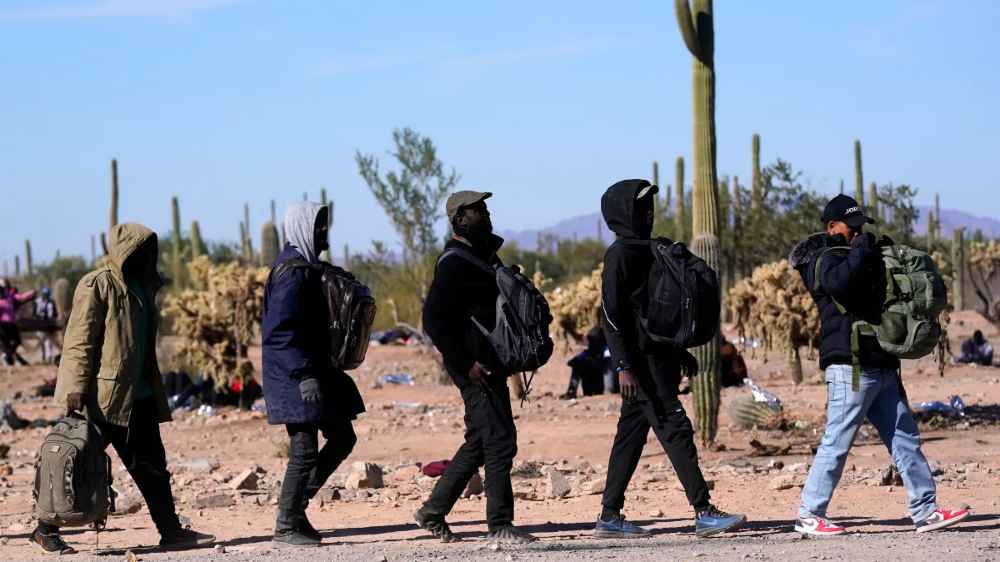The U.S. Supreme Court’s decision to extend the pause on a Texas law allowing police to arrest migrants accused of crossing into the country illegally has ignited discussions about immigration enforcement authority and the balance of power between federal and state governments. The law, known as Senate Bill 4 SB4, has been a focal point of contention, with both supporters and opponents passionately advocating for their positions.
The extension of the hold on SB4, granted by Justice Samuel Alito until Monday, provides additional time for the court to deliberate on the complex legal and constitutional issues at play. At the heart of the matter is the question of whether states have the authority to enact and enforce immigration laws or whether such matters fall exclusively within the purview of the federal government.
U.S. District Judge David Ezra’s ruling declaring SB4 unconstitutional underscored the significant legal challenges facing the law. In his comprehensive 114-page decision, Judge Ezra rejected the law and criticized its provisions, dismissing claims of an “invasion” along the southern border. However, a federal appeals court stayed Judge Ezra’s ruling, setting the stage for the Supreme Court’s intervention.
SB4, signed into law by Republican Texas Governor Greg Abbott, represents a bold attempt by state officials to address immigration issues independently of federal oversight. The law aims to empower local law enforcement agencies to detain migrants and initiate deportation proceedings, challenging conventional norms regarding immigration enforcement.
Central to the debate surrounding SB4 is the potential impact on federal-state relations and the enforcement of immigration policies. Critics argue that the law would disrupt established norms and hinder the federal government’s ability to manage immigration effectively. They contend that SB4’s provisions would create confusion and conflict, undermining national immigration objectives and straining diplomatic relations with neighboring countries like Mexico.
Conversely, supporters of SB4 assert that it is a necessary measure to address the surge in illegal border crossings and enhance border security. They argue that state governments have a responsibility to take action when federal authorities fail to adequately address immigration challenges. SB4 proponents emphasize the importance of state sovereignty and the need for robust measures to protect borders and ensure public safety.
The Supreme Court’s involvement in the SB4 case underscores the significance of the issues at stake and the complexities of immigration law and policy. As the legal battle unfolds, it is essential to consider the broader implications of SB4 on immigration enforcement, federalism, and intergovernmental relations.
Ultimately, the resolution of the SB4 case will have far-reaching consequences for immigration policy in the United States. It will shape the parameters of state authority in immigration enforcement and influence the ongoing debate over immigration reform at the national level. As the Supreme Court deliberates on SB4, all eyes remain fixed on the outcome and its implications for the future of immigration law and governance.
